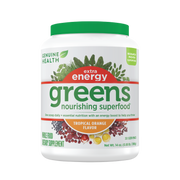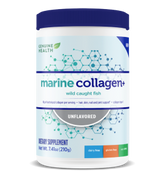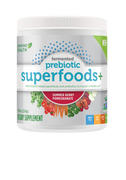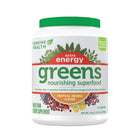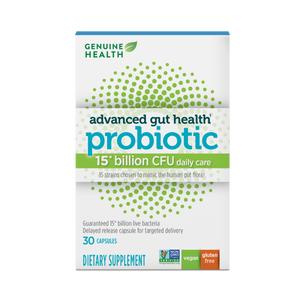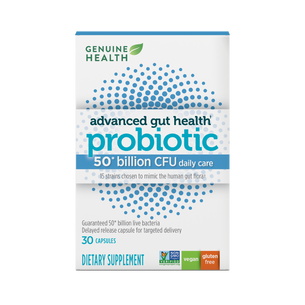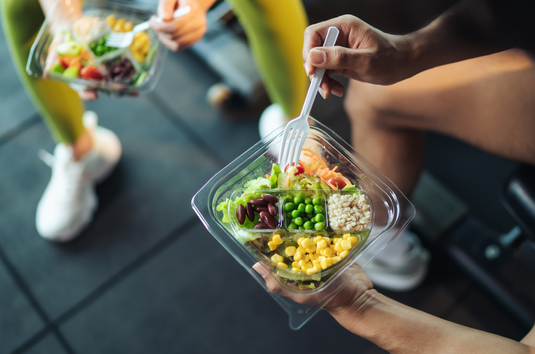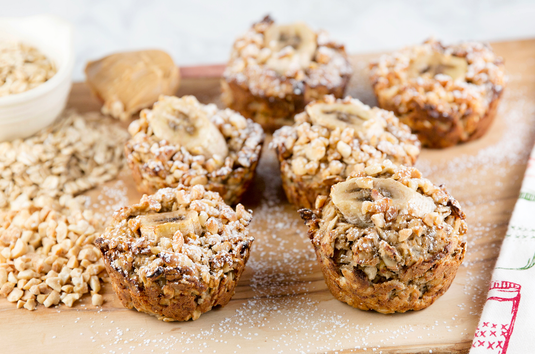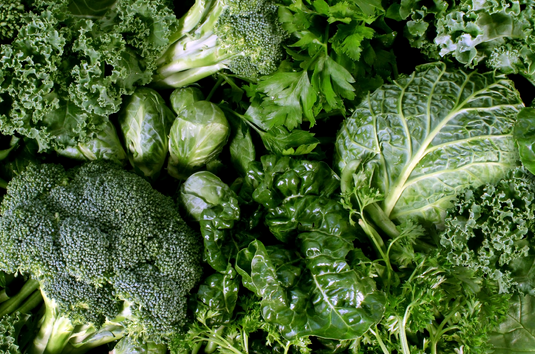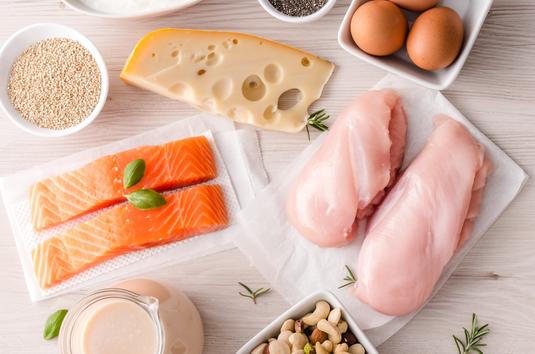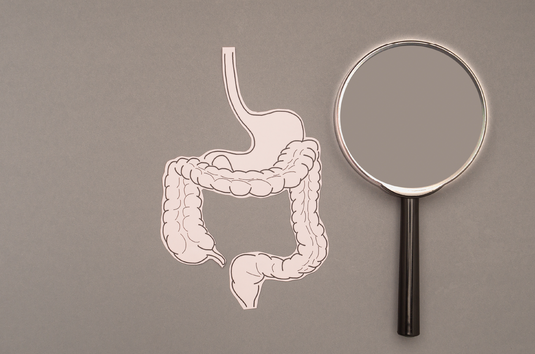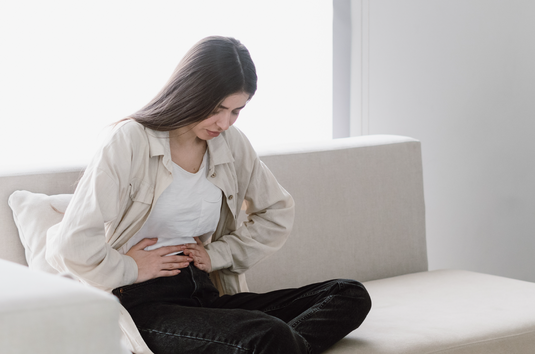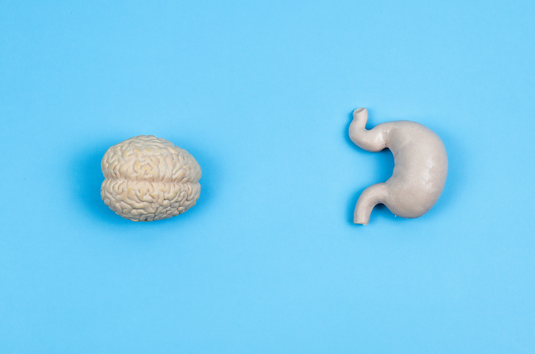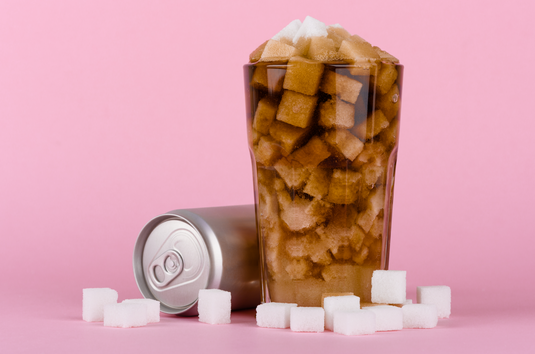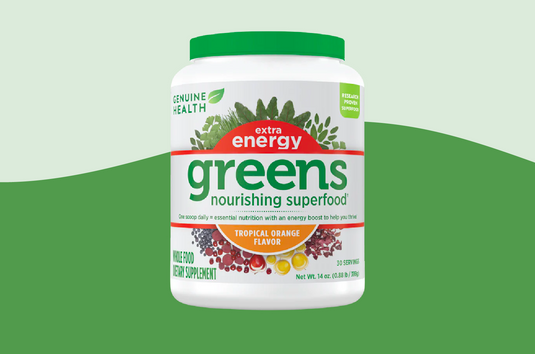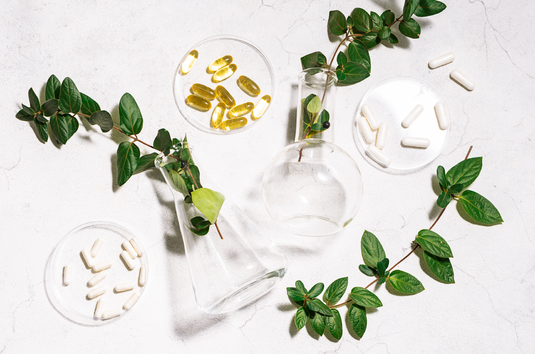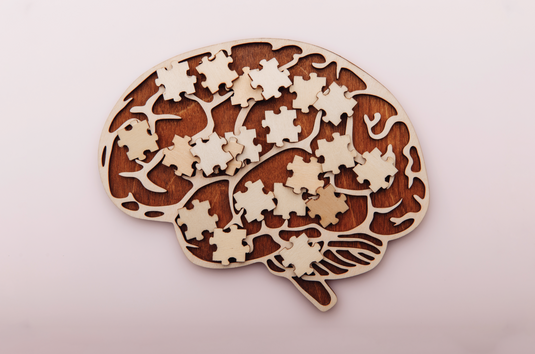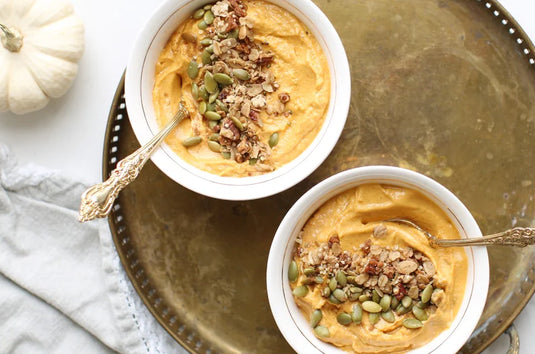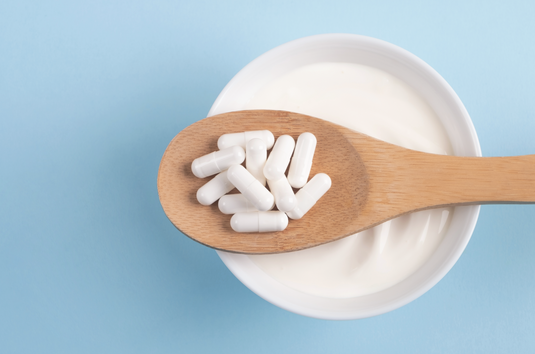A Gastroenterologist Takes on the Top Cause of Gas and Bloating from His Clinic
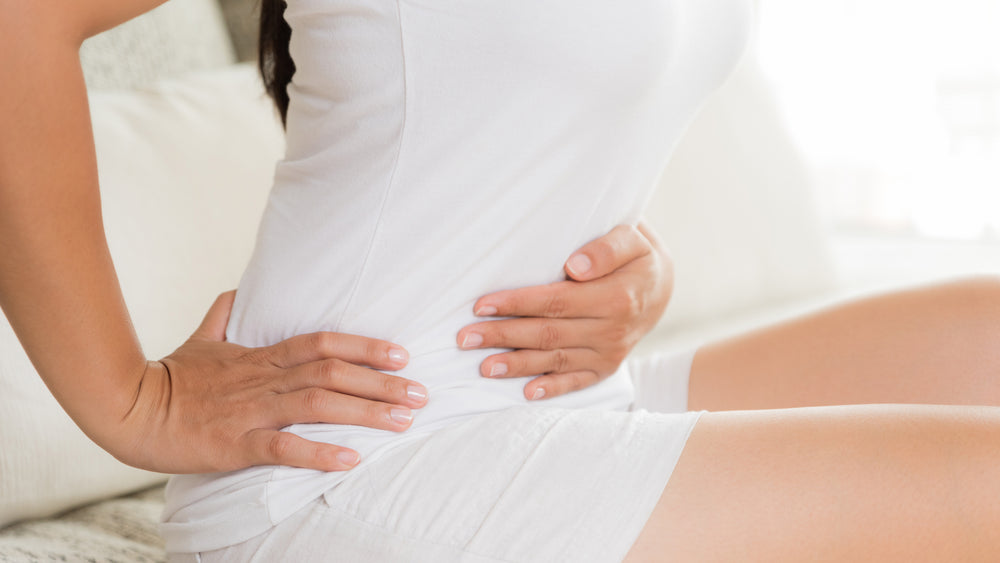
We get lots of questions about gut health, so we asked “Dr. B” to take a deep dive into gut health. In this 4-part series called Ask Dr. B, The Gut Health MD, Dr. B will shed light on some of most common, yet least understood digestive symptoms… starting with bloating. Can you guess what the #1 cause of bloating that Dr. B sees at his clinic?
The number one cause of gas and bloating in my gastroenterology clinic is constipation. In fact, it’s to the point that when someone says, “Hey doc, I’ve been so bloated,” or “You should see how distended my stomach gets,” it’s constipation until proven otherwise. It’s one of the clues that forces me to consider the possibility of constipation, even if my patient has a bowel movement every day.
And yes, you can have a BM every day and still be constipated! The way this works is that if you incompletely empty your colon when you have a bowel movement, then you by definition are retaining stool. Pretend that 80% of your poop bombs get dropped on Siberia, but 20% are still on board the plane. If that keeps happening every day, that plane is going to be overloaded with bombs in a few days. Or in your case, you’ll be full of you know what!
When GI motility slows down, gas production takes off. It may be that the bugs are given unlimited time to process the food and extract every last bubble of gas from it[i]. It may also be more complicated, in that we have recent studies showing us that methane gas directly affects GI motility, slowing it down[ii]. This suggests the possibility of a vicious cycle, where methane gas slows down GI motility, which causes constipation and further gas production… You see where I’m going with this.
Thankfully there is hope. I have found in my clinical experience that when you correct the constipation, generally the gas and bloating become much better. So here are some simple measures to promote healthy bowel movements:
The world’s healthiest beverage also turns out to be the least expensive one too! Most restaurants will give you a glass of water for free, so it’s time for us to start taking advantage of this incredible deal and hydrating. While this is unlikely to correct constipation by itself, we all benefit from ramping up our water consumption.
There’s this thing called the “runner’s trots”, where runners will have a bowel movement after a long run. If it works for them, it could work for you. Basically, when you move, so will your bowels. There are numerous health benefits to daily exercise, and one of them is contributing to a healthy bowel movement.
What this means in terms of routine is that you sit on the toilet for 5 minutes every day at the same time (generally after breakfast), but don’t force yourself to go. After doing this for a few days in a row, your body will become conditioned to promote a bowel movement, even potentially revving up GI motility in anticipation of the (glorious) event!
Prebiotics are the parts of our food that feed and nourish the healthy microbes that live in our colon, while probiotics are live microorganisms that have been shown to have a health benefit. Although there is limited data available, there is some evidence that prebiotics may promote intestinal peristalsis, contributing to relief from constipation[i]. There’s more evidence for probiotics, where a systematic review demonstrated that regular probiotic use led to an increase in bowel frequency[ii]. Three specific strains that have shown benefit are Lactobacillus plantarum, Bifidobacterium breve, and Bifidobacterium lactis. You will find all three of those strains, and 12 more in Genuine Health’s advanced gut health probiotic.
Of course, it goes without saying that it is best to have your gas and bloating evaluated by a qualified health professional.
Interested in GAS, and what causes it? In the second part in Ask Dr. B, The Gut Health MD, Dr. B digs deep into one of the main causes of gas… a collection of short chain carbohydrates called FODMAPs. Read it to learn in which foods you can find FODMAPs, and how to avoid them in one of the most notorious supplements for producing gas: protein powders.
READ: FODMAPs Explained by a Gastroenterologist
READ: Can Probiotics Help with Food Sensitivities? A Gastroenterologist Weighs In
READ: Want Better Digestion? Let a Gastroenterologist Tell You How to Get It
Sources
[i] PLoS Pathog 11(6): e1004833
[ii] Neurogastroenterol Motil. 2012;24:185–190.
[iii] J Agric Food Chem. 2013;61(48):11825–11831.
[iv] Am J Clin Nutr. 2014;100(4):1075–1084.
The number one cause of gas and bloating in my gastroenterology clinic is constipation. In fact, it’s to the point that when someone says, “Hey doc, I’ve been so bloated,” or “You should see how distended my stomach gets,” it’s constipation until proven otherwise. It’s one of the clues that forces me to consider the possibility of constipation, even if my patient has a bowel movement every day.
And yes, you can have a BM every day and still be constipated! The way this works is that if you incompletely empty your colon when you have a bowel movement, then you by definition are retaining stool. Pretend that 80% of your poop bombs get dropped on Siberia, but 20% are still on board the plane. If that keeps happening every day, that plane is going to be overloaded with bombs in a few days. Or in your case, you’ll be full of you know what!
When GI motility slows down, gas production takes off. It may be that the bugs are given unlimited time to process the food and extract every last bubble of gas from it[i]. It may also be more complicated, in that we have recent studies showing us that methane gas directly affects GI motility, slowing it down[ii]. This suggests the possibility of a vicious cycle, where methane gas slows down GI motility, which causes constipation and further gas production… You see where I’m going with this.
Thankfully there is hope. I have found in my clinical experience that when you correct the constipation, generally the gas and bloating become much better. So here are some simple measures to promote healthy bowel movements:
1. Drink lots of water.
The world’s healthiest beverage also turns out to be the least expensive one too! Most restaurants will give you a glass of water for free, so it’s time for us to start taking advantage of this incredible deal and hydrating. While this is unlikely to correct constipation by itself, we all benefit from ramping up our water consumption.
2. Break a sweat.
There’s this thing called the “runner’s trots”, where runners will have a bowel movement after a long run. If it works for them, it could work for you. Basically, when you move, so will your bowels. There are numerous health benefits to daily exercise, and one of them is contributing to a healthy bowel movement.
3. Establish a daily bowel routine.
What this means in terms of routine is that you sit on the toilet for 5 minutes every day at the same time (generally after breakfast), but don’t force yourself to go. After doing this for a few days in a row, your body will become conditioned to promote a bowel movement, even potentially revving up GI motility in anticipation of the (glorious) event!
4. Consider adding a prebiotic and a probiotic.
Prebiotics are the parts of our food that feed and nourish the healthy microbes that live in our colon, while probiotics are live microorganisms that have been shown to have a health benefit. Although there is limited data available, there is some evidence that prebiotics may promote intestinal peristalsis, contributing to relief from constipation[i]. There’s more evidence for probiotics, where a systematic review demonstrated that regular probiotic use led to an increase in bowel frequency[ii]. Three specific strains that have shown benefit are Lactobacillus plantarum, Bifidobacterium breve, and Bifidobacterium lactis. You will find all three of those strains, and 12 more in Genuine Health’s advanced gut health probiotic.
Of course, it goes without saying that it is best to have your gas and bloating evaluated by a qualified health professional.
Interested in GAS, and what causes it? In the second part in Ask Dr. B, The Gut Health MD, Dr. B digs deep into one of the main causes of gas… a collection of short chain carbohydrates called FODMAPs. Read it to learn in which foods you can find FODMAPs, and how to avoid them in one of the most notorious supplements for producing gas: protein powders.
READ: FODMAPs Explained by a Gastroenterologist
Other articles in Ask Dr. B, The Gut Health MD:
READ: Can Probiotics Help with Food Sensitivities? A Gastroenterologist Weighs In
READ: Want Better Digestion? Let a Gastroenterologist Tell You How to Get It
Sources
[i] PLoS Pathog 11(6): e1004833
[ii] Neurogastroenterol Motil. 2012;24:185–190.
[iii] J Agric Food Chem. 2013;61(48):11825–11831.
[iv] Am J Clin Nutr. 2014;100(4):1075–1084.



